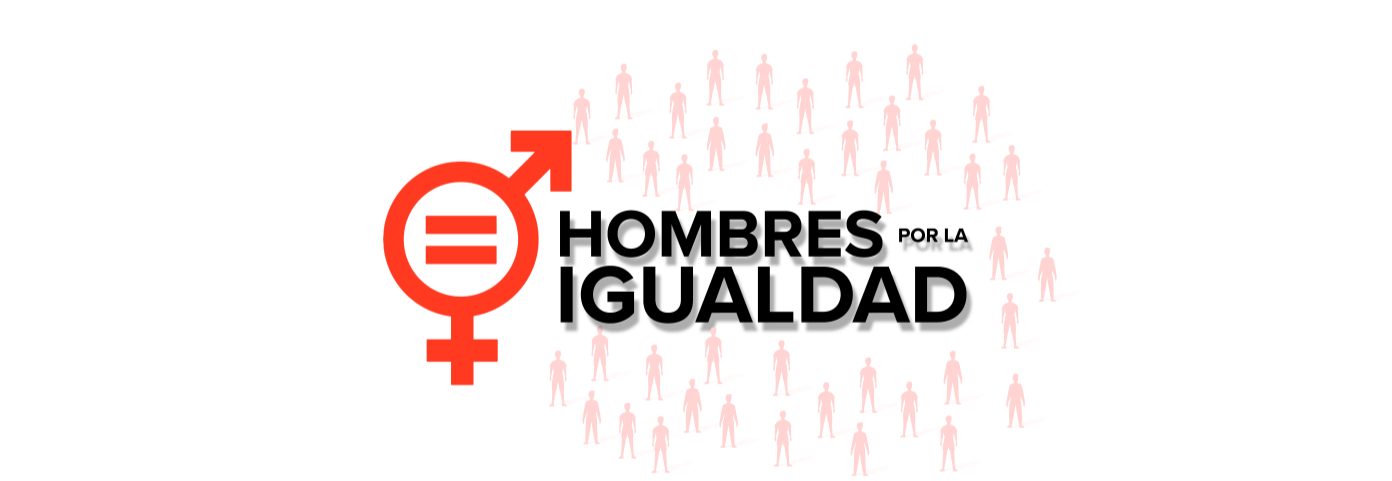The evidence and the lessons learned from all these activities were instrumental to plan and deliver a training on non-violent and co-responsible masculinities for members of the Federal Public Administration and community based CSOs. To expand capacity building and design an online training for state officials, UNDP collaborated with the Mexican National Institute of Women (INMUJERES) and the Women’s Secretariat of Mexico City. A survey was designed and disseminated among over 1,000 civil servants from all the 27 ministries of the Mexican Federal Government. The results of the survey will inform a report on masculinities in the Federal Administration that will provide recommendations on how to adapt public policies to address gender gaps and challenges that persist in the government
In addition, a network of 80 CSOs will be established to share experiences, engaging at least 150 participants from Indigenous and Afro-Mexican communities.
Furthermore, to promote South-South cooperation, all the lessons learnt, recommendations and findings from the intervention will provide a blueprint to transform social norms, promote positive masculinity and prevent gender-based violence in Latin America and the Caribbean. The knowledge exchange between Mexico and Cuba (where UNDP implements a similar project) marked the beginning of systematizing work with Indigenous and Afro-descendant men in the region.
BUSINESS AND HUMAN RIGHTS
In 2022, the UNDP Country Office in Mexico received an official letter from the Ministry of Interior (SEGOB) requesting technical support for the Government’s second attempt to develop a National Action Plan on Business and Human Rights (NAP). The global business and human rights (B+HR) project funded by the Government of Japan responded and supported the design and consultative processes of a national diagnosis or a National Baseline Assessment on Business and Human Rights, which later enabled the development of a draft NAP. The project also built capacity for over 90 public servants through B+HR training. Additionally, UNDP developed policy briefs with specific recommendations for eight federal agencies to incorporate the B+HR approach into relevant laws and policies, as well as operational procedures where appropriate. With this, the project established links with the Federal Judiciary thus raising awareness on B+HR in the judicial sector of the Federal Government.
The project also built capacity in the private sector in Mexico on human rights due diligence (HRDD). More than 80 business representatives from over 50 companies participated in the B+HR Academy and peer-learning sessions. After two HRDD training sessions, two peer-to-peer learning workshops were held where companies were able to present their challenges, progress, as well as achievements in respecting human rights. Subsequently, the project delivered guidance sessions for eight companies to deepen the implementation of HRDD.
Lessons learned and good practices
UNDP’s collaboration with UN Women and UNFPA enabled a more comprehensive, culturally sensitive and impactful approach to promoting gender equality and non-violent masculinities within the targeted communities.
While launching the calls for proposals to identify practices that seek to transform harmful masculinities, it was crucial to consider the digital gap in Mexico and offer diversified channels of communication (telephone and e-mail assistance) so that community-based organizations could participate.
To select the initiatives, clear assessment criteria were defined, covering both technical, but also environmental, social and governance records of CSO applicants, to ensure that the selected organizations complied with UNDP’s guidelines.
A people-centred approach was applied throughout the design, implementation and evaluation of the project, this ensured that participants felt engaged and that the human rights of Indigenous communities and Afro-Mexican people were always respected.
Finally, the knowledge exchange with other UNDP Country Offices in the region will contribute to the sustainability of the initiative and build an evidence-based toolkit to tackle common challenges in the region with regards to gender equality.
